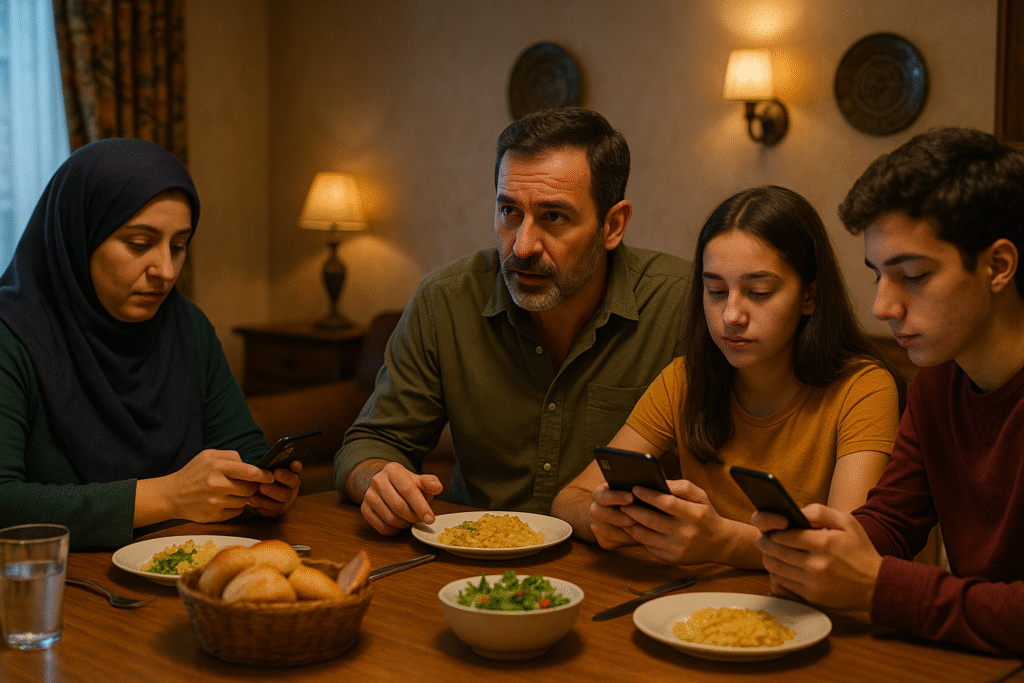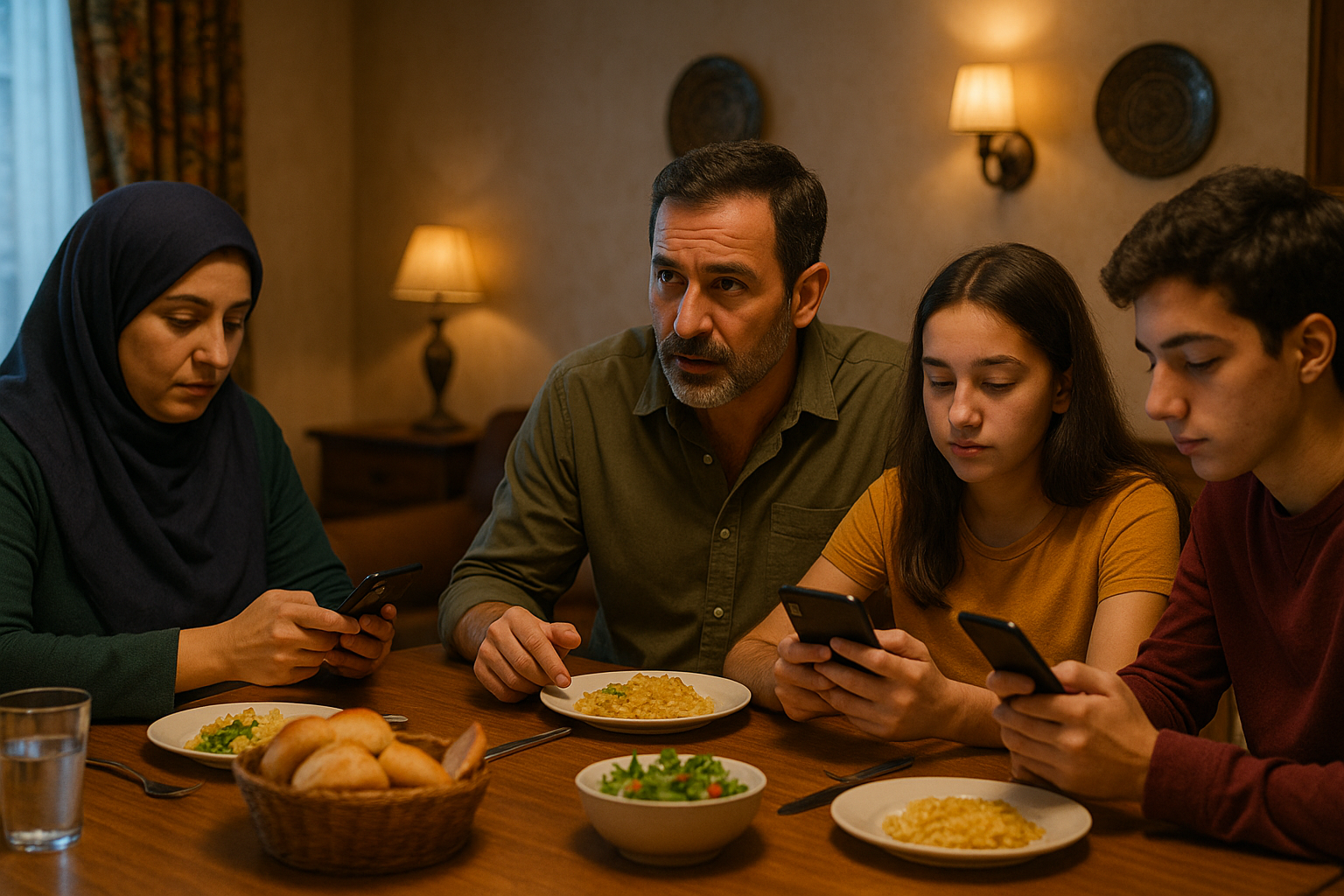
Egypt’s Ministry of Health and Population recently convened a meeting of university professors and mental‑health experts to take stock of adolescent mental‑health programmes. One of the headline concerns was teenagers’ growing attachment to screens. Hossam Abdel Ghaffar, the ministry’s spokesperson, pointed out that addiction to social media and online games has become a critical issue for children and adolescents. These behaviours aren’t merely irritating to parents; they can have serious psychological and physical effects on a generation growing up with a device in hand. To address the problem, Egypt’s health authorities have developed a strategy that brings together government and non‑government organisations.
As a father, I’ve been through my share of screen wars. For a brief period I thought confiscating the Wi‑Fi router would fix everything. Ten minutes later my living room looked like an archaeological dig, with teenagers rooting around for a stray signal. The ministry’s plan offers something more sustainable: early detection and prevention through clinics, schools, clubs and a national mental‑health platform. Support is also available through the hospitals of the General Secretariat of Mental Health and Addiction Treatment (GSMHAT), with counselling accessible via a hotline (16328) and an online platform. Knowing that there’s a national safety net makes me feel less like a lone sheriff patrolling the living room.
Screen obsession often bleeds into other areas of entitlement. Too much time spent scrolling can distort a young person’s sense of work and responsibility. When my daughter orders bubble tea on an app and forgets to take out the garbage, I’m reminded of how easily small luxuries become expectations. Egypt’s initiative doesn’t stop at awareness campaigns; it emphasises training healthcare professionals to diagnose and manage internet addiction. The national mental‑health platform provides telemedicine clinics, self‑assessment tools and access to licensed psychiatrists. Developed with the World Health Organization and other partners, the platform not only delivers consultations but also aims to normalise conversations about mental health. Television dramas and social‑media campaigns are helping to reduce the stigma around mental illness and addiction. It’s refreshing to see mental‑health awareness portrayed in popular culture; sometimes the road to better habits is paved with familiar stories.
What stands out most to me is that the ministry treats addiction as a disease with identifiable causes and solutions. Menan Abdel‑Maksoud, head of GSMHAT, stressed that the presidential “Against Addiction” initiative views addiction as a national security issue and provides integrated services to mitigate the social and health damage. Their multi‑layered response includes prevention, early detection, intervention, treatment and rehabilitation. Such an approach helps families like mine move beyond knee‑jerk punishments (“You’re grounded!”) to constructive conversations about what our kids are consuming. It also forces us parents to examine our own habits. I’ve caught myself absent‑mindedly checking my phone while telling my son to finish his homework. We can’t expect our children to value real‑world responsibilities if all they see is us staring at our screens.
Since the mental‑health platform launched, it has attracted over 103 thousand visitors and tens of thousands of completed self‑assessment questionnaires. Those figures hint at a growing recognition that mental health matters and that help is within reach. But progress will also be measured in smaller victories: a dinner without phones on the table, a teenager who sweeps the floor unprompted, or a candid chat about the pressures of online life. My hope is that by pairing national resources with simple household habits—chores, allowances tied to real effort, and conversations about money—our kids will learn to question what they consume instead of mimicking it. Breaking generational patterns means confronting our own screen habits and creating space for our children to grow into resilient, responsible adults.
Sources: Daily News Egypt (Jan 4 2025) report on Egypt’s adolescent mental‑health campaigns; Nile FM coverage of the national mental‑health platform.







Leave a Reply
You must be logged in to post a comment.